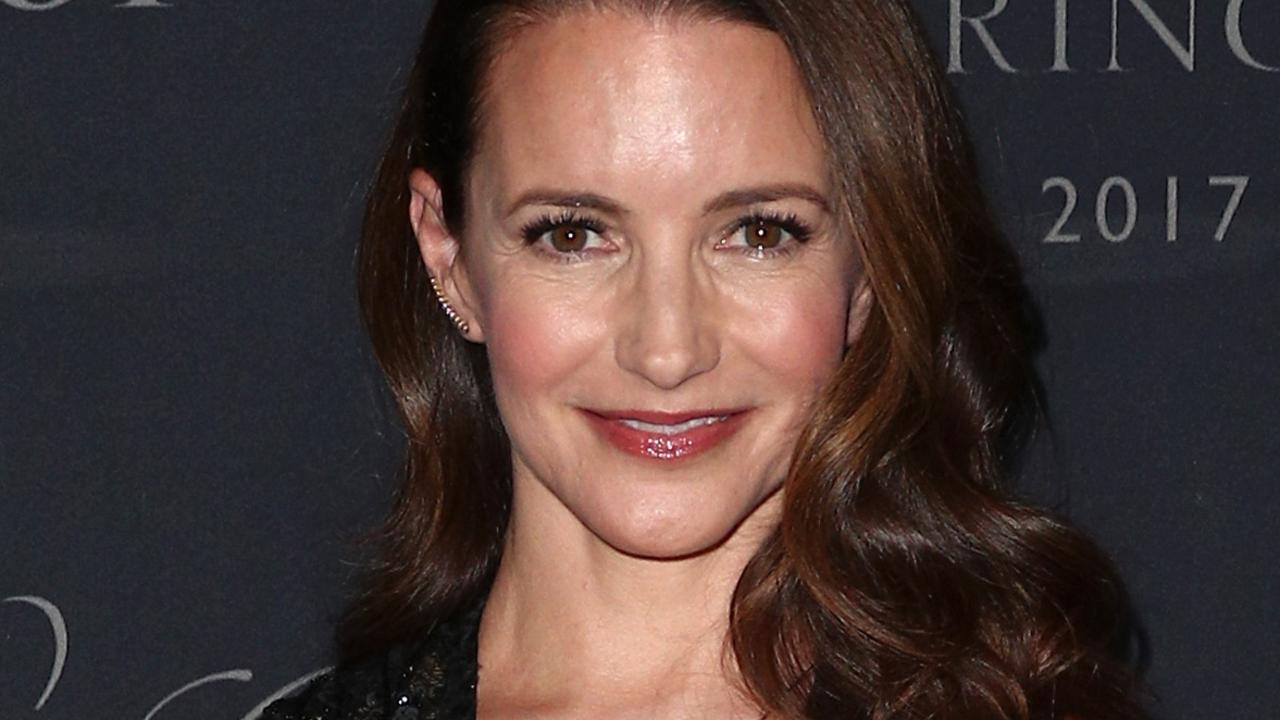Analysis: Trump’s art of the deal in doubt on Gaza and tariffs
Between a trade war with America’s partners and a shock bid to take over Gaza, Tom Minear says Donald Trump’s latest wheeling and dealing has been jaw-dropping even by his standards.
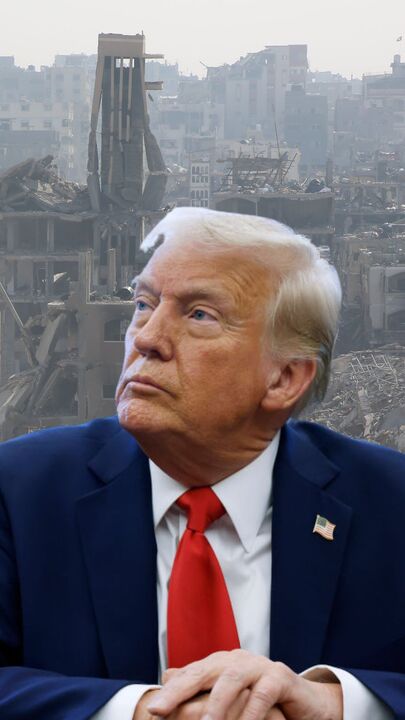
United States
Don't miss out on the headlines from United States. Followed categories will be added to My News.
The journalist who authored The Art of the Deal, Donald Trump’s 1987 book which turned him into a household name, reflected after the property developer became the world’s most powerful man that being his ghostwriter was his “greatest regret in life”.
The last week brought a lot of talk once again about The Art of the Deal, none of which would have eased the writer’s remorse. Even by Mr Trump’s standards, his wheeling and dealing a fortnight after he returned to the White House was truly jaw-dropping.
For the President’s allies, his trade war with America’s closest economic partners and his shock bid to take over Gaza represented the magic of Mr Trump the mogul. For his adversaries, these moves were so harebrained that they thought he had totally lost the plot.
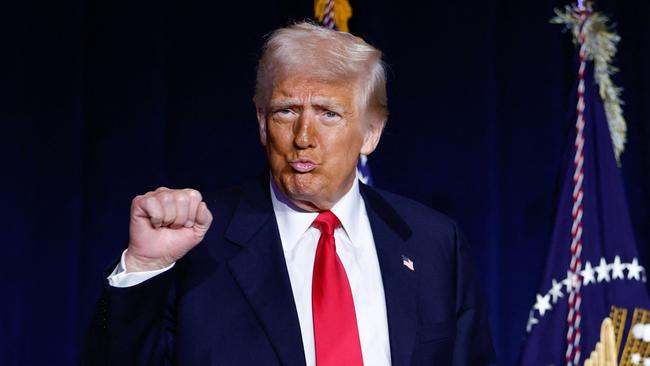
The question with Mr Trump, as it always tends to be, is whether his actions should be taken seriously or literally. Bearing in mind his decades-long track record, the answer has to be the former. These were deliberately bold gambits so the President could negotiate on his terms, over trade with his Canadian and Mexican counterparts and over Gaza with Arab leaders.
When America’s neighbours offered to bolster border security, heeding Mr Trump’s push to crack down on the influx of fentanyl into the US, Republicans crowed about the success of his strategy. They are similarly optimistic that his stunning intervention in Gaza will break an impasse that has existed since the creation of Israel about the war-torn region’s future.
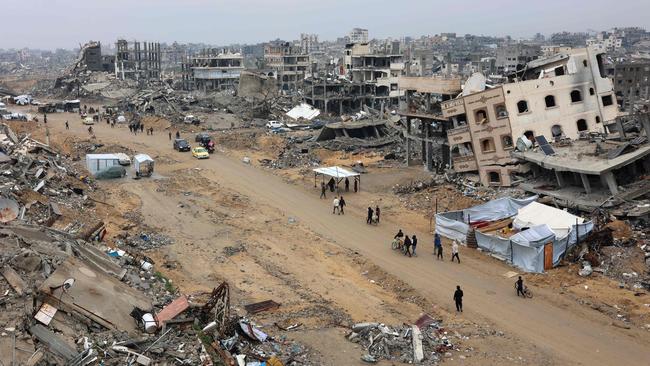
But such praise of the 78 year old ignores the consequences of his actions. In the hours before his tariffs on Canada and Mexico were due to take effect, stock markets were roiled by the inevitable prospect of higher prices. And in the aftermath of his Gaza proposal, Arab officials warned it could threaten the fragile ceasefire between Israel and Hamas.
For a politician whose comeback was built on commitments to reduce the cost of living and remove America from overseas conflicts, this all seems hypocritical, if not downright mad.
If there is one thing economists can agree on, it’s that tariffs are an emphatically bad idea, even more so when directed at your closest trading partners after years of painful inflation. The President himself conceded there would “be some pain” from launching a trade war.
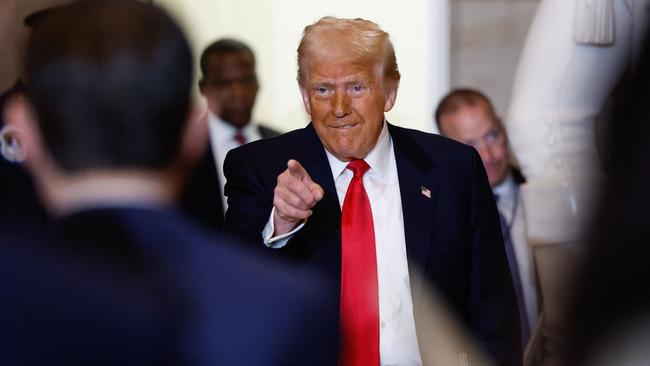
As for taking over Gaza, that risks an actual war, one in which Mr Trump suggested could involve American boots on the ground.
While the devastated enclave obviously needs to be rebuilt, the idea of permanently removing 2.2 million Palestinians from their homeland and taking it over with US troops could hardly be a better recruitment tool for Islamic terrorists.
Even if, as expected, that proposal is merely designed to reset the terms for negotiating peace in the Middle East, the President cannot unsay what he said this week.

It will be no surprise to the American people that Mr Trump is operating without the guardrails from his first term. They re-elected him knowing he would be unencumbered by the conservative institutionalists who once restrained some of his more extreme impulses.
Of course the returning President was going to play fast and loose with tariffs. It is, he says, his favourite word in the dictionary, even if it “needs a public relations firm”.
Nevertheless, voters may be startled if his 30-day reprieve for Mexico and Canada is not extended, with a recent Ipsos poll finding only 45 per cent of Americans actually understood what a tariff was.
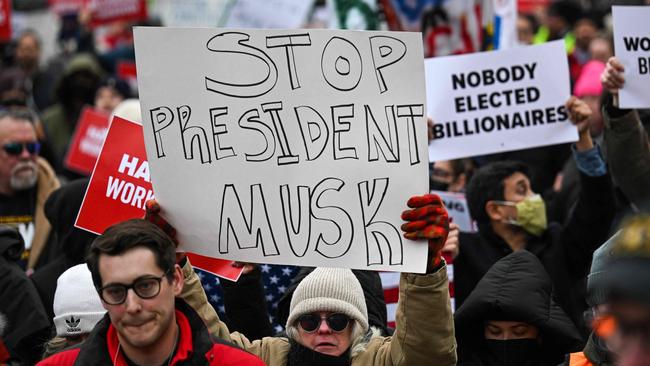
Mexico and Canada’s border concessions were what Mr Trump wanted, never mind the fact that their responses reflected measures they were largely already implementing. But he remains preoccupied by their sizeable trade surpluses with the US, which suggests he will double down. From gas to guacamole, Americans would likely pay more.
The President has indicated product-specific tariffs are on the way too, including on steel, aluminium, pharmaceuticals and semiconductors.
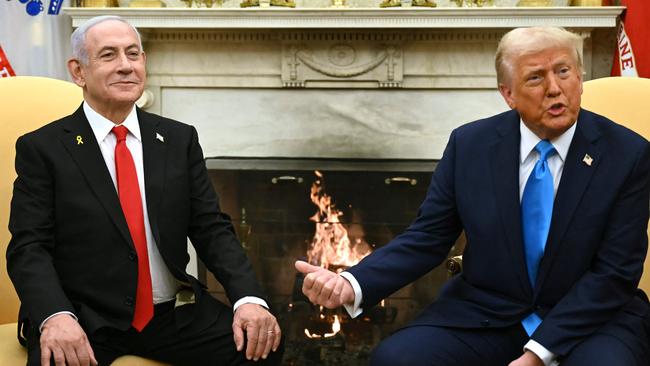
From an Australian perspective, a carveout for our exports will be difficult to secure, given Mr Trump appears to be targeting these sectors to shore up US production rather than to generate negotiating leverage.
Six years ago, Malcolm Turnbull landed an exemption with the help of some of the President’s advisers, who warned against alienating such a close ally. This version of Mr Trump is evidently far less concerned about upsetting America’s friends.
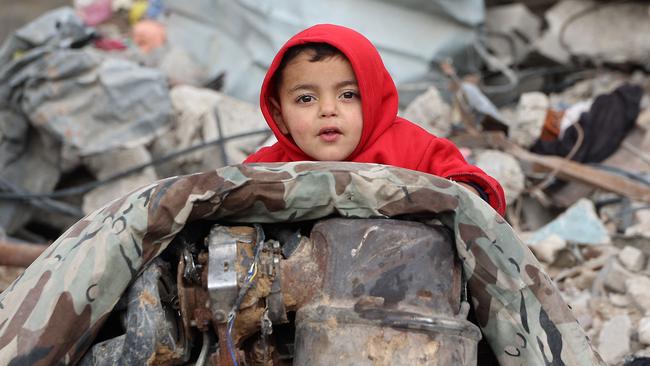
When it comes to the Middle East, Americans are unlikely to support US ownership of Gaza, given the enormous financial and personnel costs it would entail. Several Republican senators have already said as much, while carefully trying to avoid criticising their leader.
Mr Trump, however, maintained it was “not a decision made lightly”.
“I don’t want to be cute, I don’t want to be a wise guy,” he said, “but the Riviera of the Middle East – this could be something that could be so magnificent.”
Once a property developer, always a property developer.
More Coverage
Originally published as Analysis: Trump’s art of the deal in doubt on Gaza and tariffs





